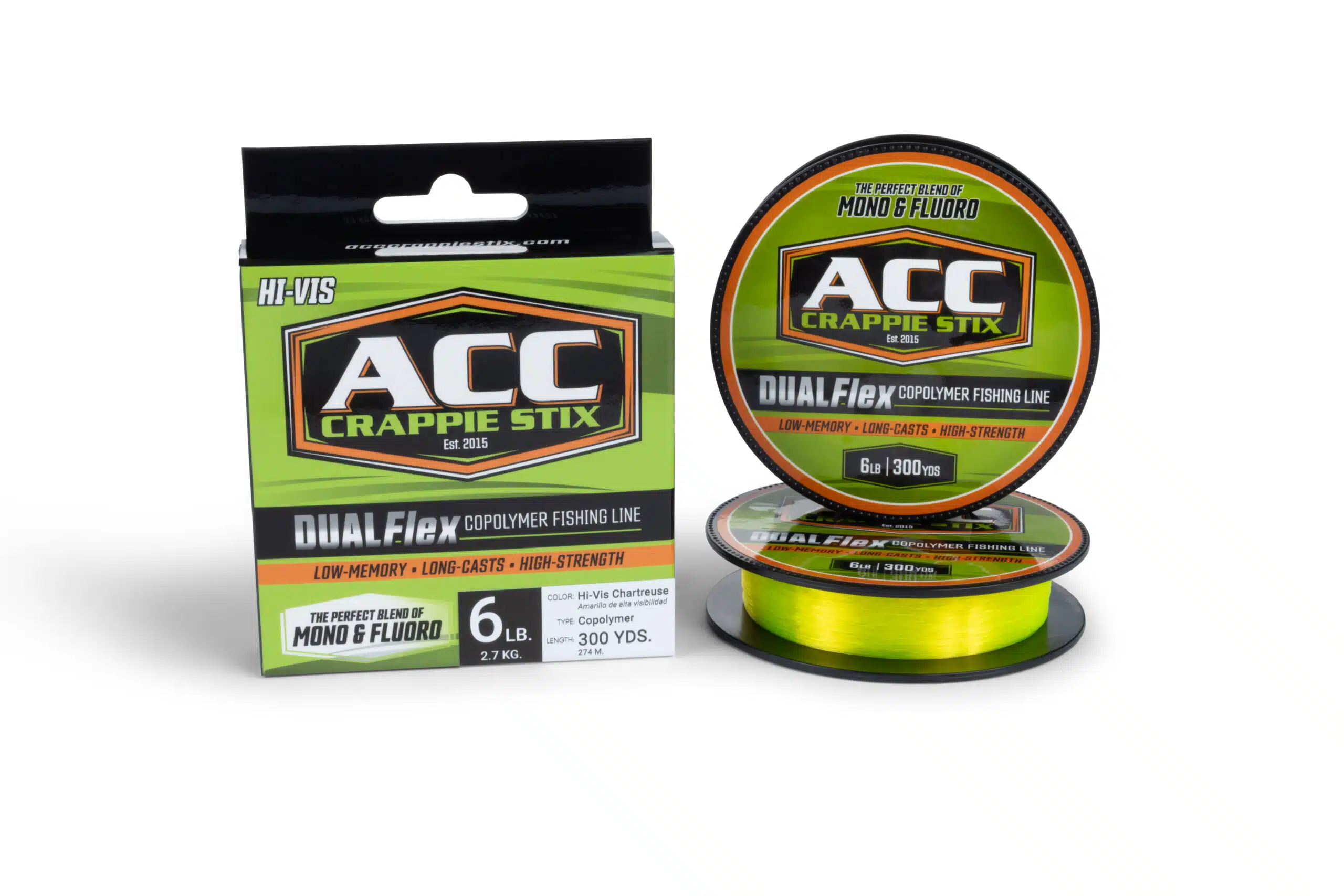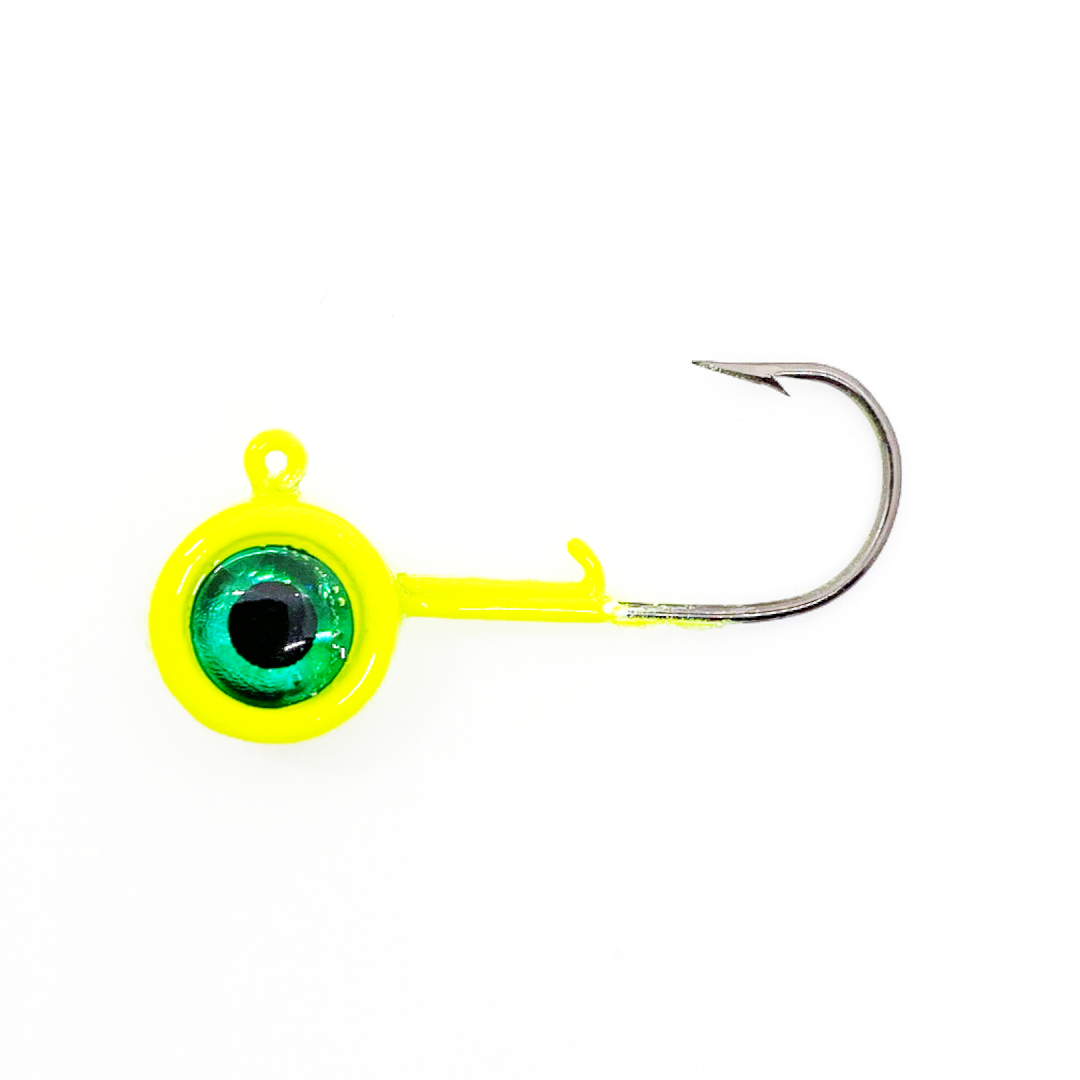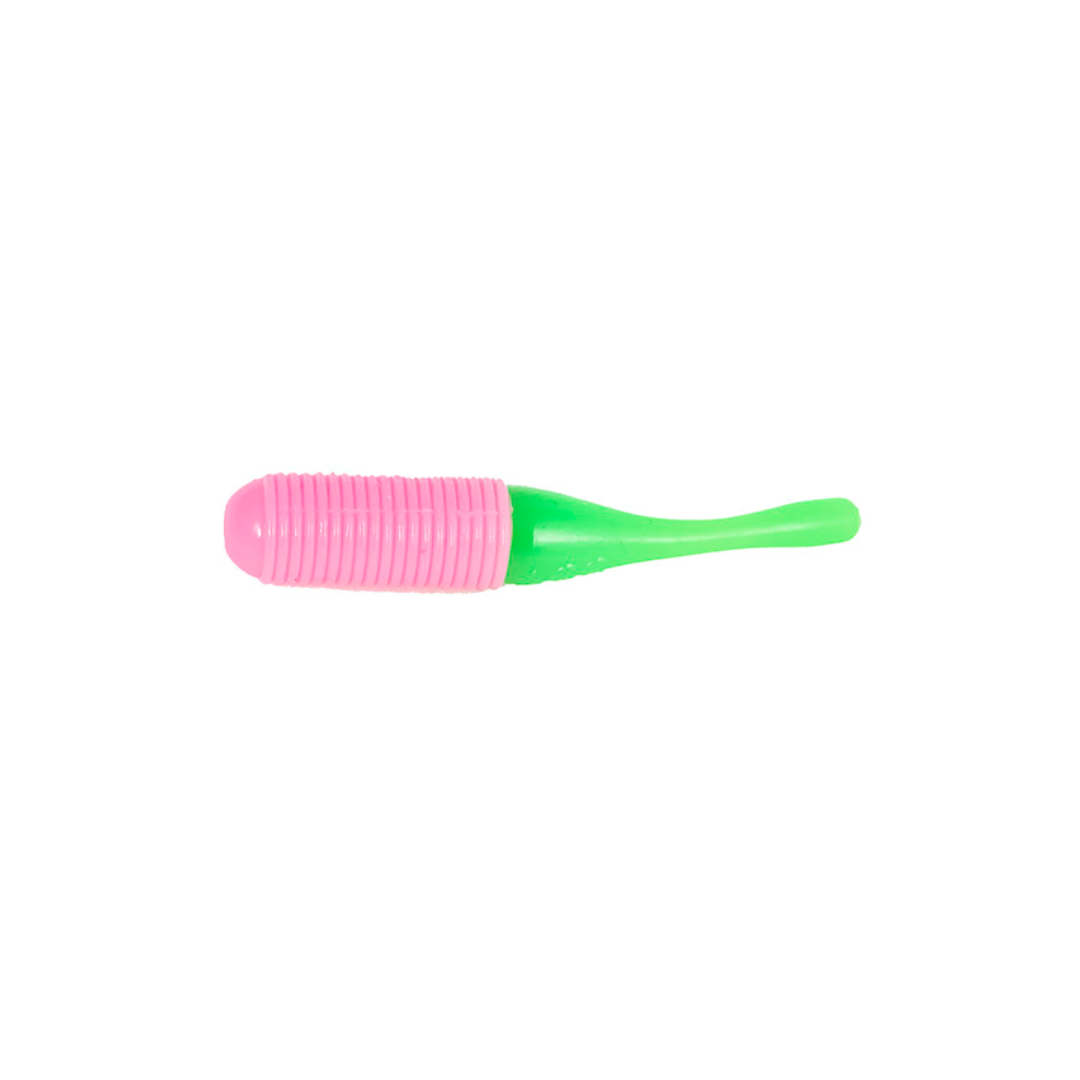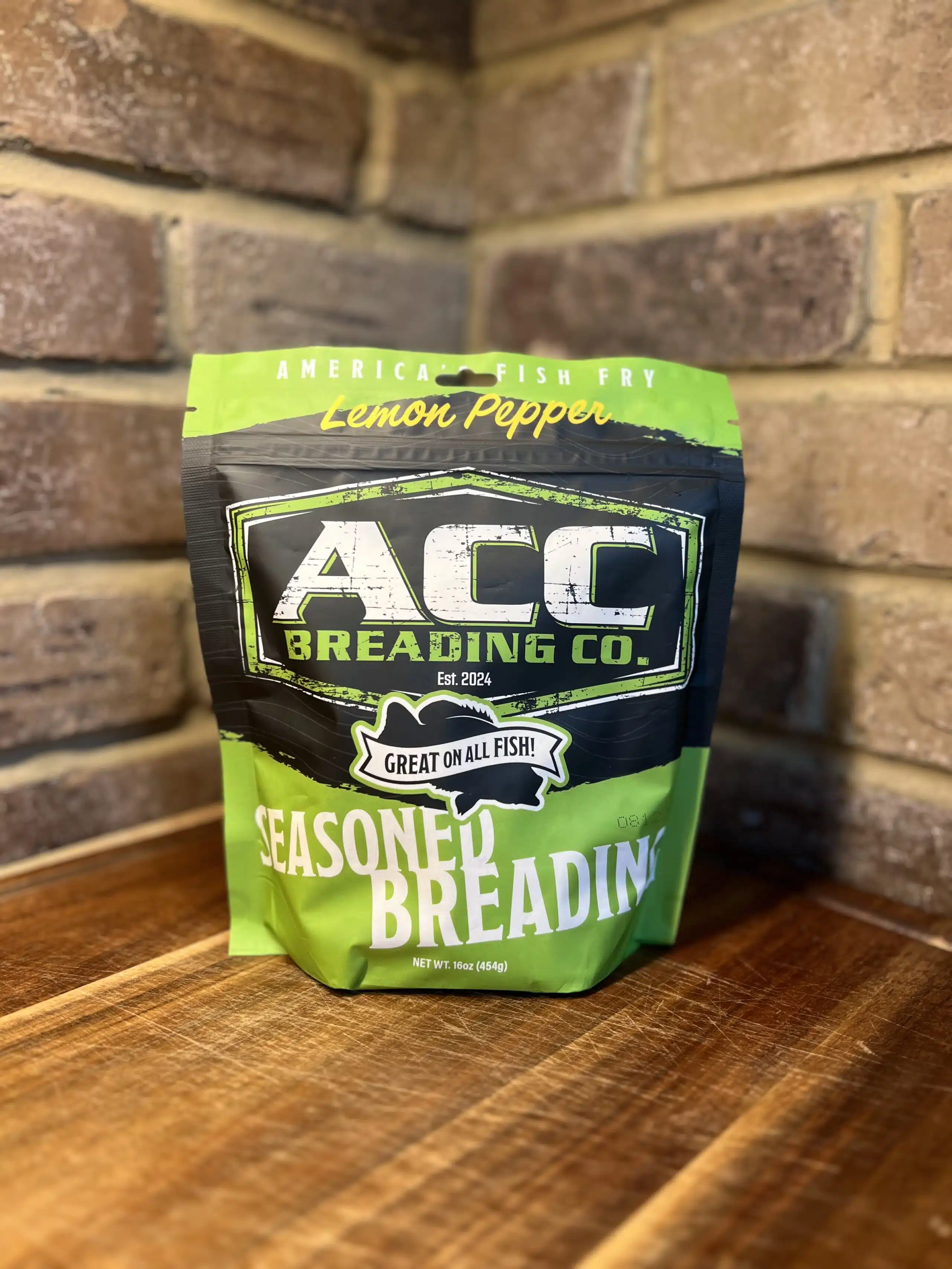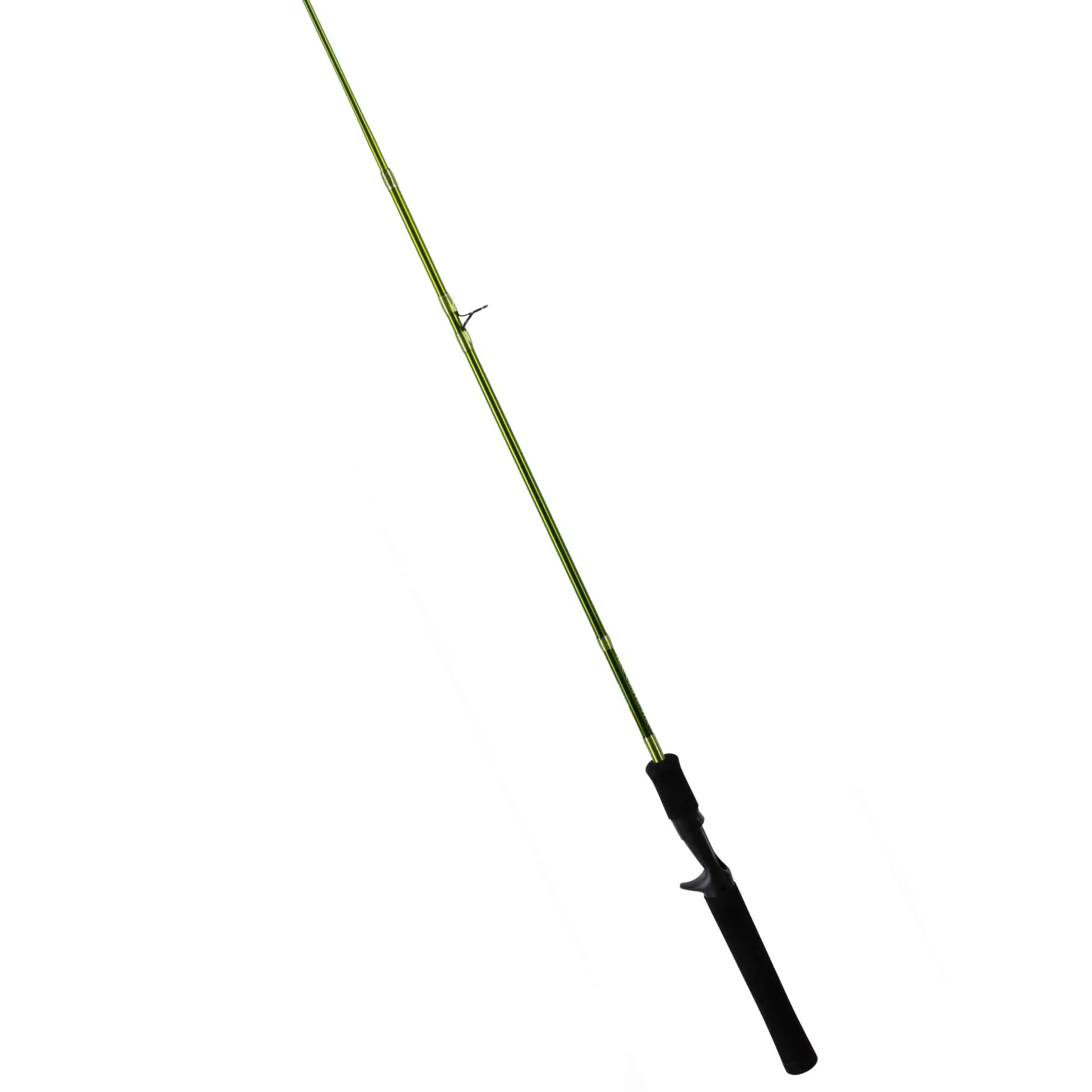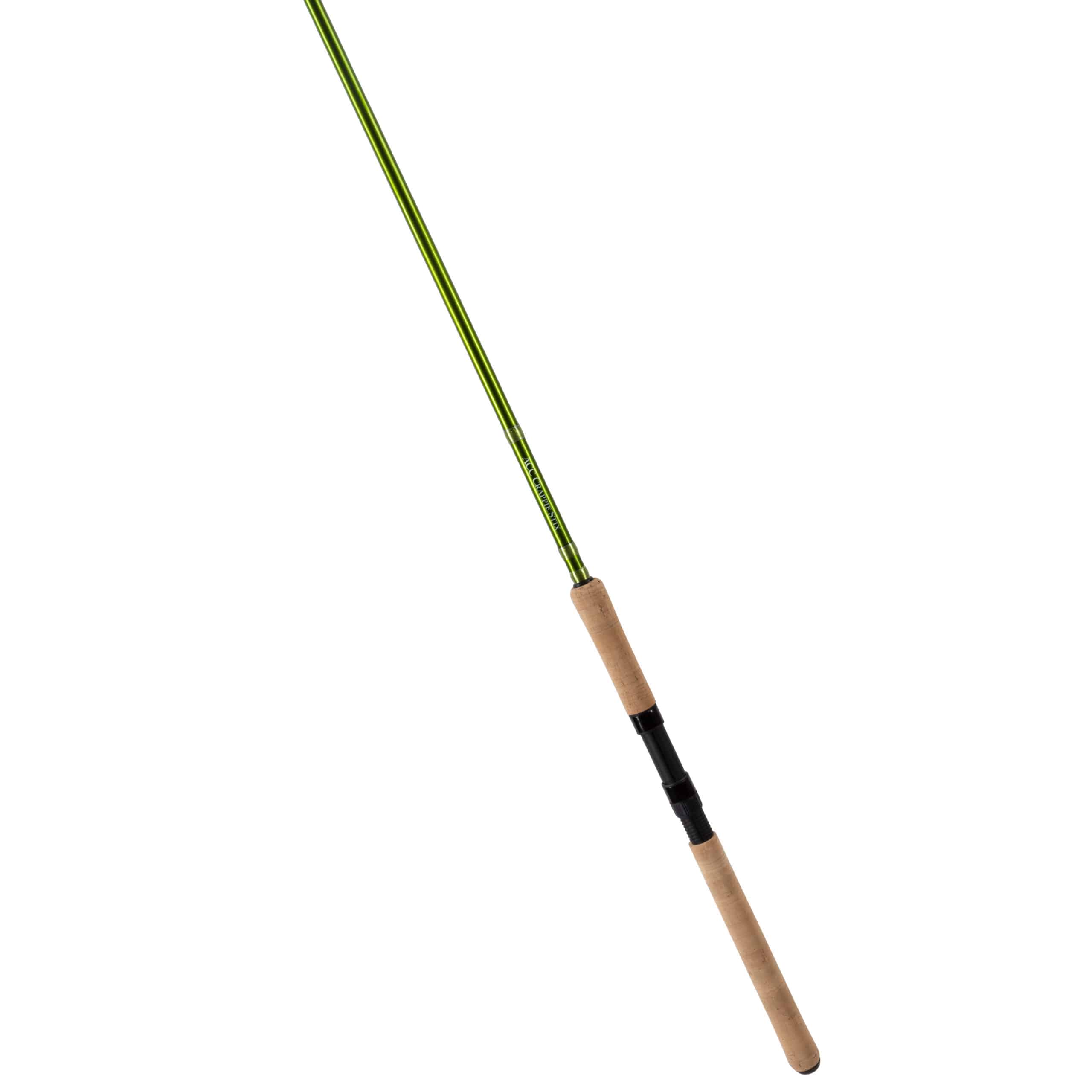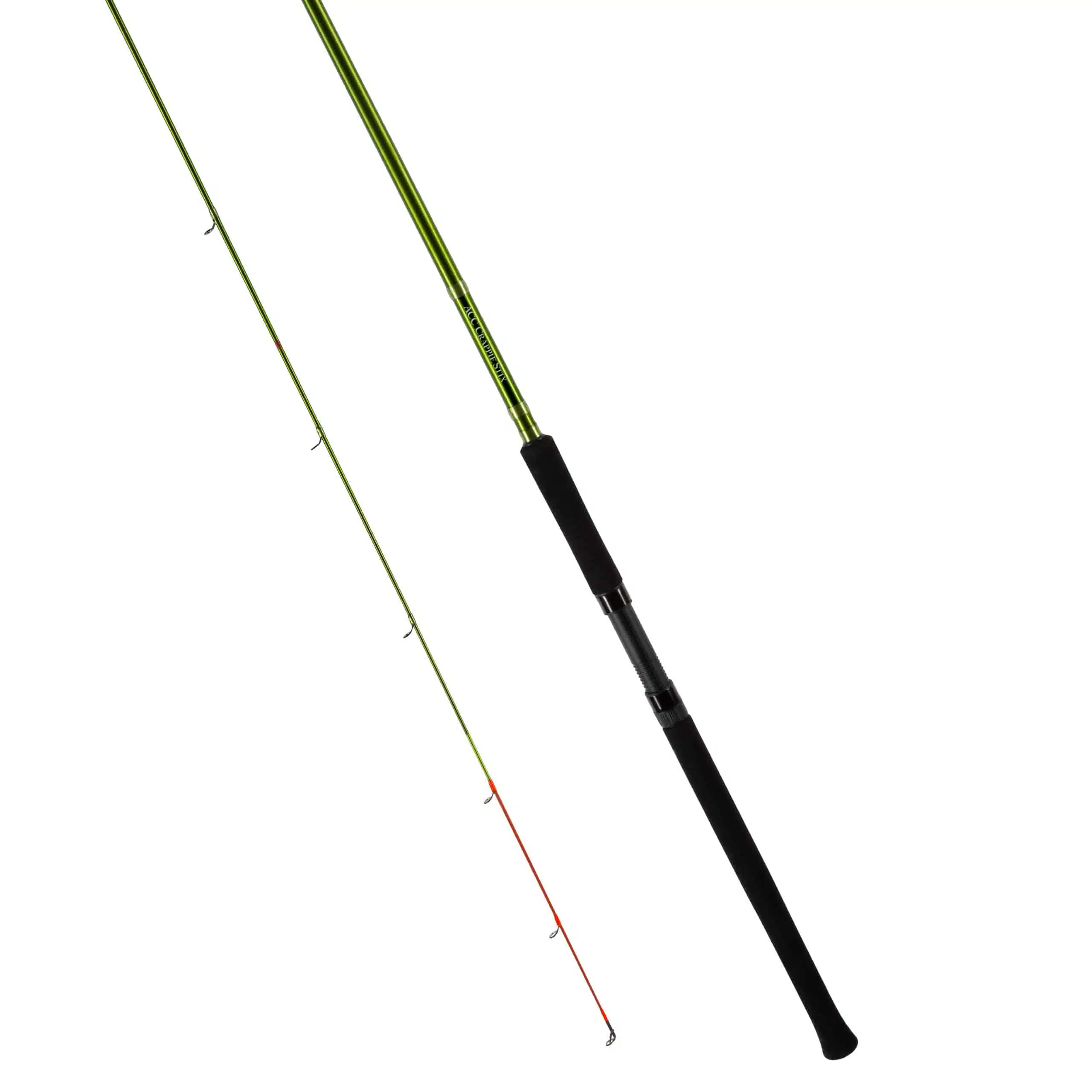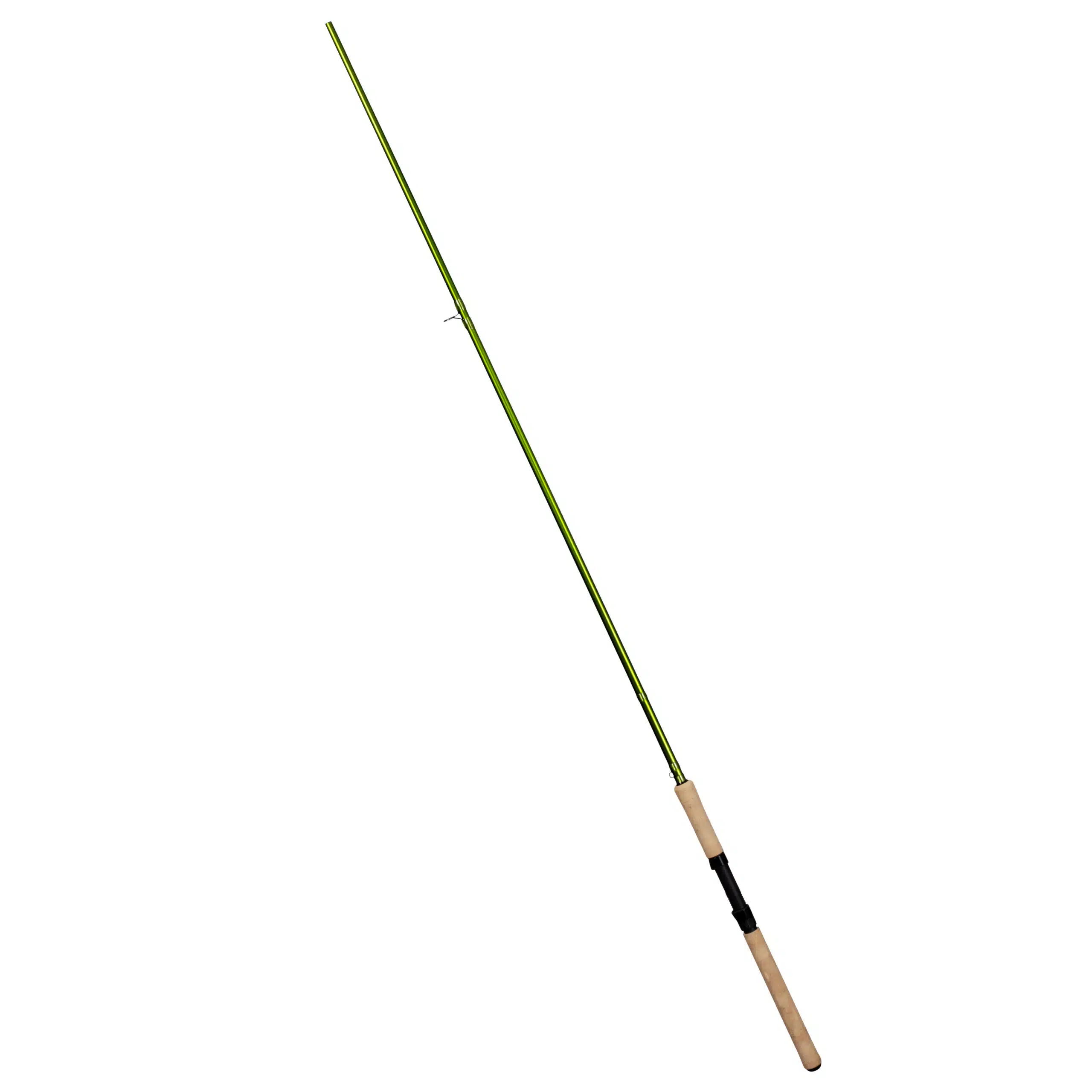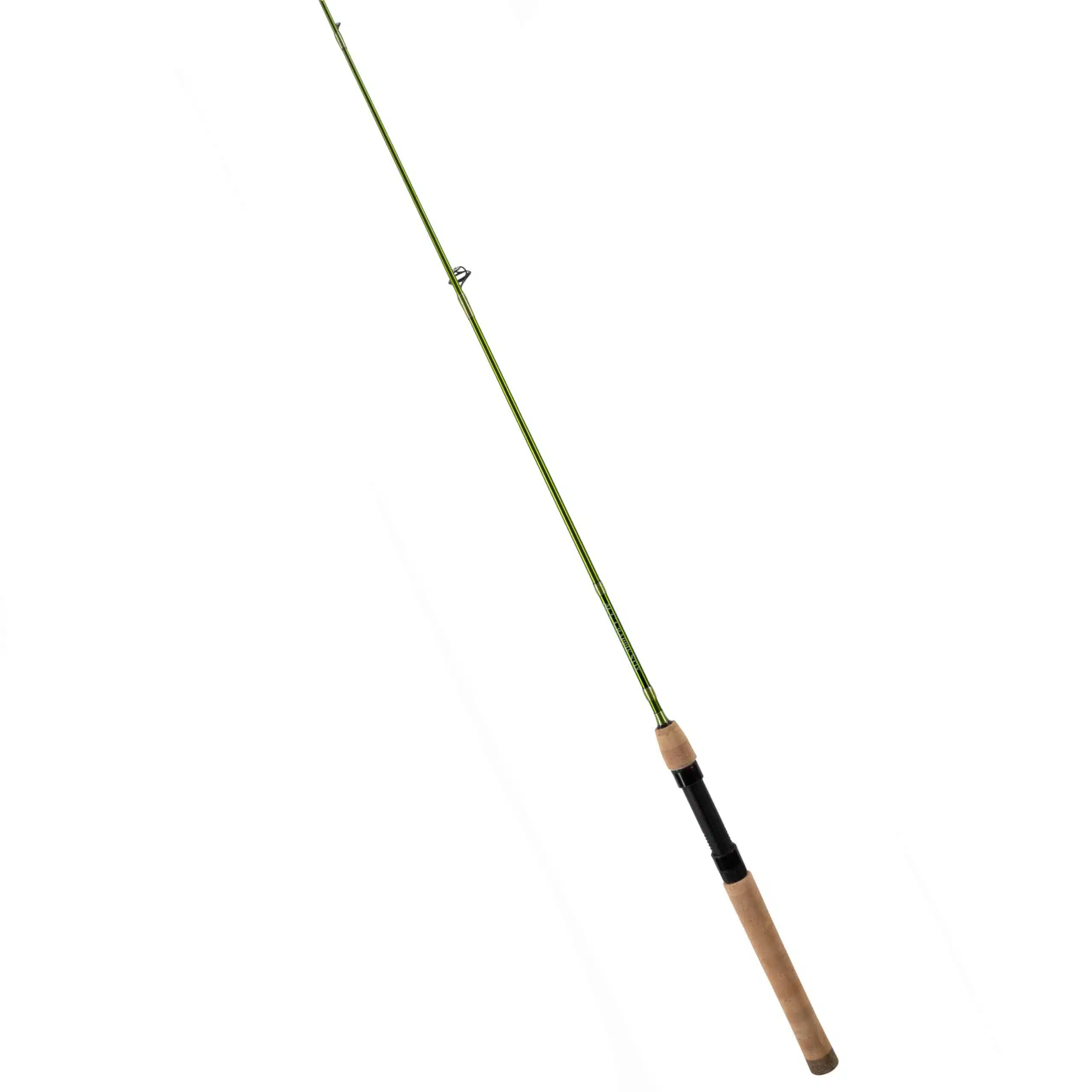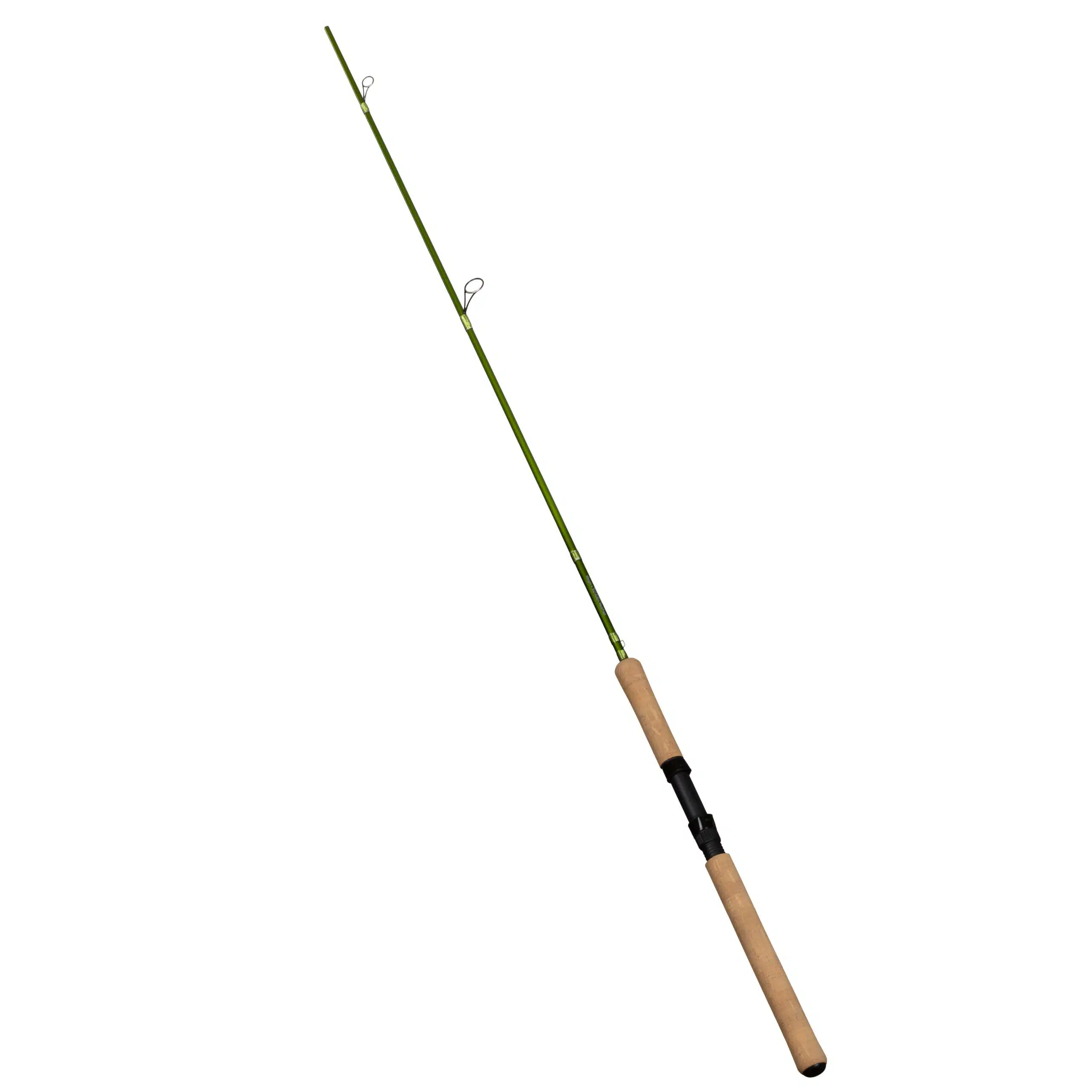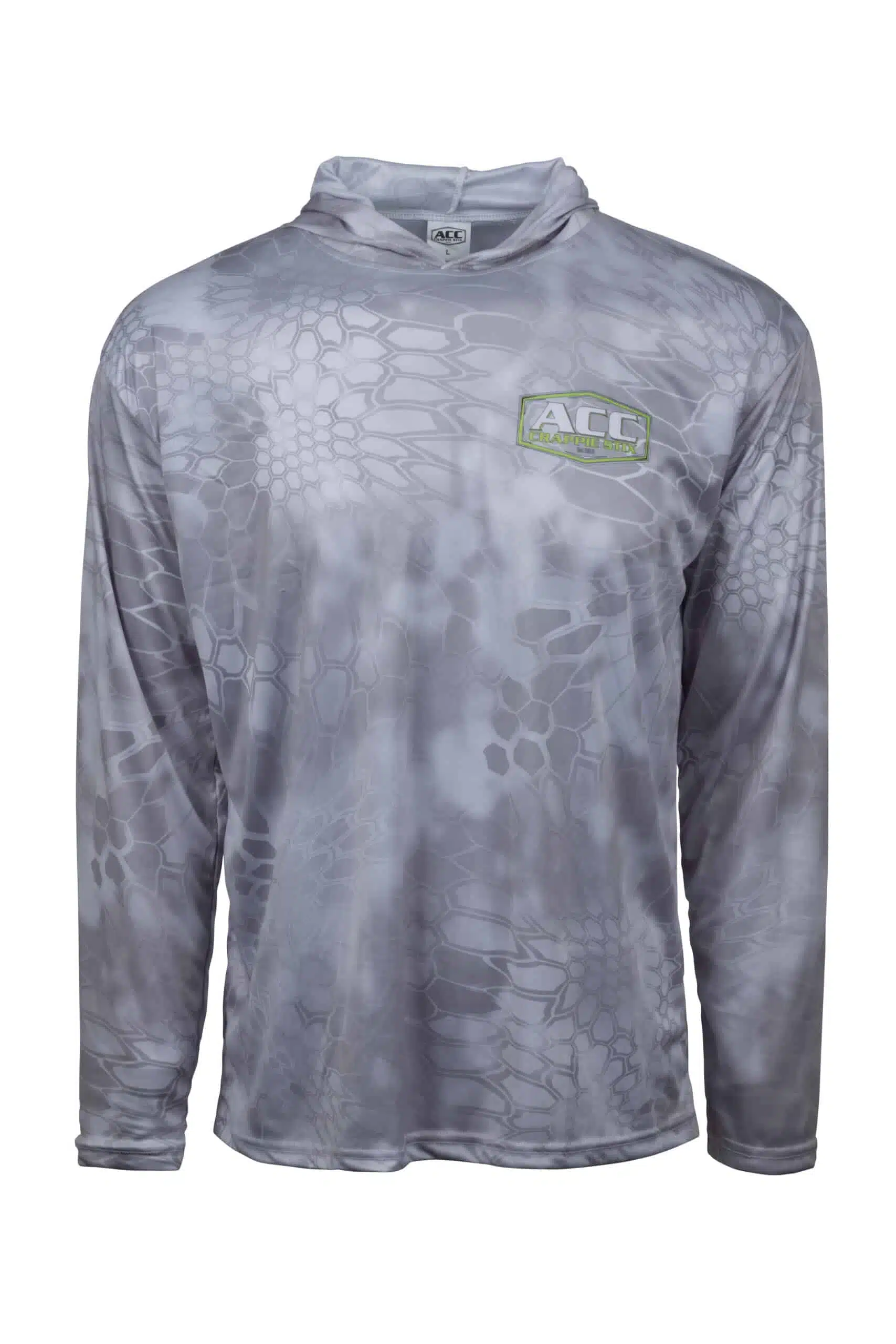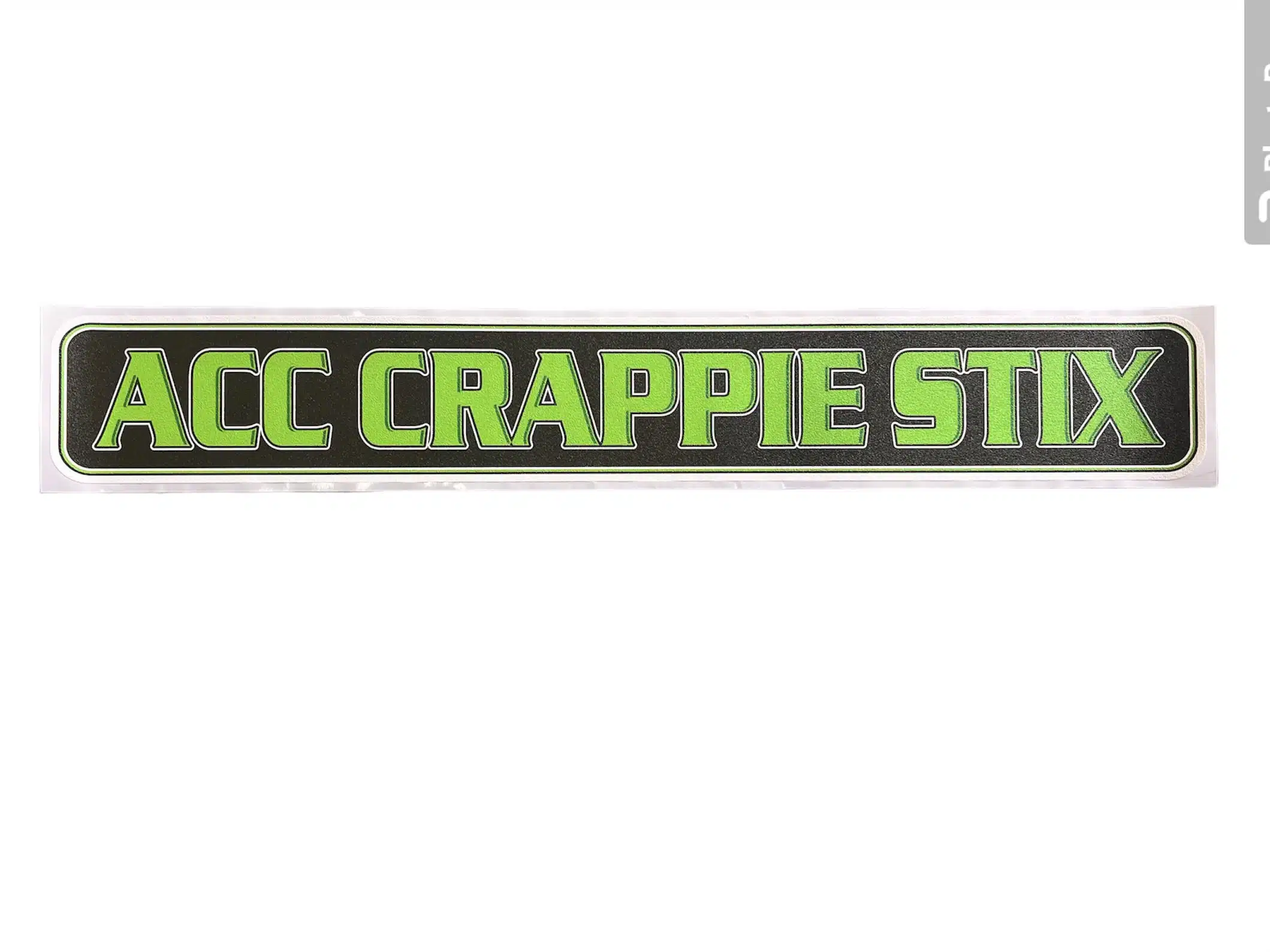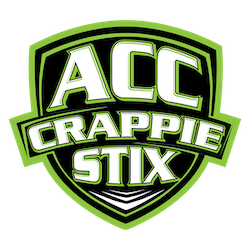Buying a boat: Why aluminum is better?
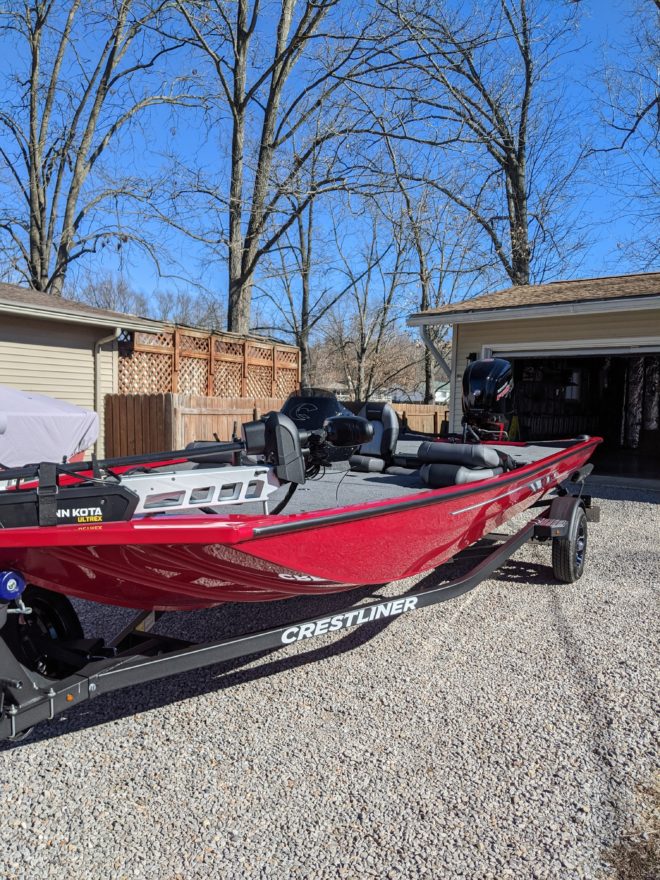
By Greg McCain
A basic decision for potential boat buyers is composition. Do I want a fiberglass boat or do I want one made of aluminum? In Part 1, we looked at the advantages and disadvantages of fiberglass boats. Today, we consider the same for aluminum models.
While the majority of ACC Crappie Stix pro staff members prefer fiberglass boats, plenty of options exist for purchasing an aluminum boat, and modern aluminum models rival any fiberglass boat in terms of features and performance.
As ACC pro staffer Jacky Wiggins said, “Not all aluminum boats are created equal.”
When Jacky (Jacky Wiggins Guide Service, 972.342.8803) went boat buying in 2020, he knew what he needed for his guided trips, a heavy, roomy, efficient vessel that would accommodate multiple clients on the frequently rough waters of Lake Fork. For many anglers, those stipulations call for the biggest fiberglass boat available. Jacky went in the opposite direction, however.
“I’ve run many of the major glass bass boats over the years, Skeeter, Ranger, Bass Cat, Champion, and Blazer,” Jacky said. “I’ve also had 4 different aluminum brands.
“Most glass boats do have better ride and handling than aluminum. But just like all glass boats are not created equal, not all aluminum boats are created equal.”
Jacky’s eventual choice, an Excel Bay Pro 230, represents the high-end extremes of freshwater aluminum boats. His Excel is actually designed for bay, inshore, and in the right conditions, some nearshore saltwater duty. For Jacky, it serves as the perfect crappie-fishing rig.
“If you have a bad aluminum boat, it’s terrible,” he said. “I’ve had some that would beat you to death and crack like crazy. But I now run an Excel Bay Pro 230, and I can fish days when glass bass boats can’t due to winds and waves. My ride is also better than most glass boats due to the hull design, dead rise, and weight.
“Yes, I’m slower but I’m guiding and not tournament fishing all the time. The trade off for customer comfort, space, and fishability is well worth it for me. I also never have to worry about trees or stumps on Lake Fork like I would if I was fishing every day in a glass boat. The Excel Bay Pro 230 is a hull that will last a lifetime like the warranty on it.”
Of course, such a boat comes with a price tag that equals or exceeds any comparable glass boat. Yet, Jacky said the hefty price tag is well worth the investment.
Other ACC pro staffers share Jacky’s sentiments about the value and the performance of aluminum boats. ACC pro staffer, tournament angler, and guide Keith Acker, who primarily fishes northwest Louisiana and east Texas lakes, bought an aluminum Vexus 20AVX early in 2021. He said the boat combines the good qualities of aluminum with performance features normally associated with fiberglass.
“I choose to fish out of an aluminum boat over a fiberglass boat primarily for the expense and durability,” Keith said. “Because aluminum boats are less expensive, I was able to add all of the bells and whistles to it that I wanted. It was still pricey, but I had a price point I didn’t want to go over, and I would have if I’d bought a fiberglass loaded out the same.”
Keith (follow him on Facebook for trip information) said the durability of aluminum was important to him because of his style of fishing.
“I am hard on boats because I will go any place I think may hold a fish,” he said. “I know I would be constantly putting a fiberglass boat in for repairs. I have proved I can even tear up an aluminum one unfortunately.”
While the Vexus has been all that was advertised in terms of performance and handling, Keith added some features to compensate for the lighter weight of the boat.
“An aluminum boat is lighter than a fiberglass boat and will drift or blow around a lot more,” he said. “I added drift paddles to help eliminate some of this. You will never get an aluminum boat to handle fishing in the wind the way a fiberglass boat can. I have also learned to fish on various lakes to accommodate wind direction.”
Minnesota angler Goose Gutzman (check out his Facebook page for information about Goose’s Guide Service) also likes boats made of aluminum, favoring them for their efficiency on the water. He has fished both aluminum and glass through the years but finds the aluminum models easier to use, particularly in the small “puddle jumper” lakes that abound near his home.
“So after fishing both for many years, I decided when I bought a boat I was going to go with an aluminum deep hull boat for many reasons,” Goose said.
“One, I can control it easily trolling weedlines with tight inside turns and sharp points. I can turn on a dime, and that is very important when fishing tight structure. The second reason is I really like having that wide open space, (which) makes it easier for me to cater to my clients when netting fish and getting them set up. The third reason is I love fishing little lakes that aren’t as pressured … so I have these lakes all to myself.
“So I would say I’m an aluminum guy hands down because it fits my style of fishing.”
Goose’s ideas about the ease of use of aluminum boats is one of the major selling points. Even basic jon boats can be a good choice in the right fishing conditions. They are not good for big water, but for fishing the shallows in calm conditions, jon boats are a definite option, and their price makes them attractive. A new jon boat and small outboard can be purchased for $10,000 or less, and plenty of used models are usually available.
Ultimately, good qualities abound for both aluminum and fiberglass boats.
“I think they both have their pros and cons,” Keith said. “You just have to figure out what you want the most and what you can sacrifice and live without unless your pockets are deep.”
Following are other ideas, opinions, and general comments, both pro and con, about aluminum boats from other ACC pro staffers:
Shane Johnson (Mississippi, friend Shane on Facebook for info about Mississippi slabs):
“I also have had both and mostly fish open lakes and some with stump fields. I can’t seem to get enough weight in an aluminum boat to help against the wind at times. I used to put 200 lbs. of sand in the front of 19’ aluminum to help and at times, that wasn’t enough.”
Wesley Miller (Louisiana, Big Sasquatch Outdoors, 318.465.1668):
“I’ve owned both a 20’ (aluminum) Crestliner and a 21’ (glass) Ranger within the past two years and have guided out of both. The Crestliner had a huge front deck and was an excellent guide boat just for that reason. It was huge up front. It was also very durable, and I didn’t mind running it through most stuff. It was also much less expensive than a comparable glass boat. It was a great boat, but it had its flaws as well. It blew around in the wind a lot even though I had 6 batteries in it. The wave slap on the boat spooked fish a lot of the time. It would beat you to death on a rough ride, it was a wet ride, and it was a slow boat speed wise.”
Jeff Jowers (Alabama, follow Jeff’s fishing reports from the Coosa and other Alabama fisheries on his Facebook page):
“As far as the aluminum hulls, I can get them where I can’t get the glass, shallower water, stump fields, without the concern of marking up the gel coat, etc. The aluminum hulls have made it easy to gain access to areas where you couldn’t get a glass boat, for instance, a very narrow, shallow canal that opens up into a lake. And last the aluminum boats make it easier to run wire, add electronics, etc.”
